In a recent Triablogue article: Illustrating the Some Truths about the Trinity I was accused of being a Unitarian and holding the same view of God as Dale Tuggy. After making a number of searches I found the debate between Tuggy and Hays on David Waltz’s blog linked here. Tuggy says some things that are clearly Arian so I am not taking sides with him though he does say some things I agree with.
Issues arise concerning the meaning of the word “Trinity”, whether one believes a social view or a Latin/Sabellian view. In either case if it is stated that the One God is a Trinity I deny this proposition. I believe that there are three divine persons in eternity, the Father, the Son and the Holy Spirit. However, only one of the persons is cardinally the one God, namely the Father. The word “Unitarian” is too closely connected with a rejection of Christ’s Divine Nature and his Eternal Generation, so I don’t like the label. I would like to be called a Trinitarian. If I must be labeled a Unitarian it is only with a lowercase “u”.
As I have found in other discussions, I have found this problem dominating Steve’s explanations of God as well: I have found that the word “God” can mean at least 6 things in this discussion: 1. The Father/Monarchy; Concreted person; 2. The Divine Nature; abstract substance; or that an uncreated person possesses a divine nature 3. Godhead 4.Source of operation; 5. Auto-theos: that is uncaused 6. An indirect sense in that the Logos and the Holy Spirit are called God as they inter-dwell (perichoresis) and are consubstantial with the Father.
I take meanings 1, 4, and 5. Steve has no definition of God and so he has no basis or standard to hold his opponents to when they use this term. Before I begin, my view is not Eastern Orthodox, considered as an institution. There are Orthodox ministers who explain God the same way that I do but as an Institution, I reject the Eastern Orthodox explanation of God. For more info see David Waltz’s articles on the Nicene Creed 325 vs. Constantinople 381 here here and here and my denial of the essence and energy distinction which is nothing short of ADS Monadism here.
As a side note I thank Hays for posting his blogs publicly because cowards like Bob Letham and Jim Dodson refused to let my examinations of Latin based Protestant Scholastic Theology Proper become public but this summary lets the reader see in detail the problems with Thomistic and Van Tillian Theology Proper.
I have about 25 pages of commentary on Hays and Tuggy’s articles written here (A mere drop in the bucket compared to the 122 pages dialogue with Dodson). The following 27 Theses summarize in condensed form my arguments against Hays’ Van Tillian Theology Proper.
Composition was the case that they gave me
1. The word “God” can mean at least 6 things in this discussion: 1. The Father/Monarchy; Concreted person; 2. The Divine Nature; abstract substance; or that an uncreated person possesses a divine nature 3. Godhead 4.Source of operation; 5. Auto-theos: that is uncaused 6. An indirect sense in that the Logos and the Holy Spirit are called God as they inter-dwell (perichoresis) and are consubstantial with the Father.
I take meanings 1, 4, and 5. Steve has no definition of God and so he has no basis or standard to hold his opponents to when they use this term
2. Steve has no uniform definition of Unitarianism which he admits.
3. Steve Hays’ denial of logical inferences of scripture being scripture itself is Anabaptist.
4. Steve must argue that the persons of the Father and Son are synonymous because the persons are relations on his view, not subject/consciousnesses.
5. All of Steve’s arguments intended to label me a Unitarian are confused. On my Nicene view, being the one God is a hypostatic property of the Father, not a divine attribute. This he never acknowledges.
6. Steve does not understand that the Numeric distinctions between the divine natures that I am using pertain to Cardinal Numerics, not Nominal or Ordinal Numerics. Mr. Dodson and I spilled much ink on this issue.
7. Steve’s Dialectic between human reason and language with exegetical theology is Adoptionist, Anabaptist, and Papist. The Papists love when Protestants espouse a paradoxical and multi-interpretive Bible. It feeds right into the authority of the Hierarchy. (Thus Rutherford’s Free Disputation)
8. Steve uses mirrored images and symmetries to explain God ad intra, but his epistemology does not allow created objects to speak of God ontologically because that would allow human language to speak of God univocally. [https://eternalpropositions.wordpress.com/2012/07/06/taking-steve-hays-to-task-on-archetypalectypal-knowledges-dependency-on-divine-simplicity/]
Using symmetry to explain God ad intra is using created spatial categories as a created univocal ontological framework which his epistemology does not allow.
9. Hays succumbs (implicitly) to the exact error that Farrell pointed out by defining the persons as attributes. [http://www.anthonyflood.com/farrellphotios.htm] The persons are therefore not subjects but predicates.
10. Steve fails to describe to us if the persons are part of the one God, each wholly the one God or what.
11. It is inconsistent and illogical to speak of one cardinally numerical nature and then refer to it as them.
12. Steve asks if the divine attributes are reducible or irreducible. What Steve is asking for is how the compositions are unified. Is there a collector behind the collections? The issue is I deny that compositions require a unifier for the existence or essence of a subject. It is Steve’s task first to prove that a collection requires a collector or that composition depends on simplicity. If it were the case,
#1 How did distinction ever extend from an absolute simple Monad to begin with? Plotinus could not answer this and I’ll assume Steve can’t either.
#2 If it is the case, can the distinctions between the persons be reduced? If so how does that not terminate with the same absolutely simple monad that I have been accusing him of believing in for years now? Yet Steve tells us he doesn’t believe in ADS? Which is it Steve?
13. Steve refuses me (As a Scripturalist) the distinction between colloquial language and technical philosophical language yet he appeals to this distinction himself.
14. On Steve’s view, the divine persons are representations of each other, so then what is the reality of the representation? Could it be a monad? Second, knowledge of God is supposed to be a created similitude of that which is uncreated. So the knowledge of God with respect to object is a created representation, of an uncreated representation of a monad. Break out the Ragu, word pasta for all!
15. On Steve’s view, selfhood and personality can have no definition in human language. Just like in Plotinus where the monad suffers no distinctions required for a mind or intellect, Steve’s divine self is equally impersonal and completely incompatible with the ontology of men. Say goodbye to the hypostatic union. He has two choices in front of him: #1 Assert Plotinus’ system of not a hypostatic union but a substantial pantheistic union. #2 Take the Adoptionist and Nestorian system of no ontological compatibility between humanity and divinity.
16. Steve does not understand the differences between Thomistic Analogies. There are numerous types of analogical knowledge and he consistently tries to escape into the ambiguity and ignorance of most people he discusses this issue with. Sadly, thus will not work with me. https://eternalpropositions.wordpress.com/2011/09/07/analogy-of-proportionality-refuted-univocal-predication-defended/
17. Steve refuses any kind of subordination among the divine persons which paints him necessarily in the Tri-Theist corner.
18. On Steve’s view the unicity of God is not revealed. Therefore we know not what we worship; leaving us spiritual Samaritans (John 4:22) and as Rutherford points out in Free Disputation, Anabaptists or completely ignorant Papists that must rely implicitly on an infallible Church official . He even goes to the lengths of saying that there are numerous possible formulations. This is exactly the position of the Anabaptists who refused to believe in the Establishment of One True Religion.
19. Steve falls into the trap of looking to Plotinus’ One to escape the polytheism of the ANE. How is that placing Yahweh outside of Paganism? It doesn’t.
20. Steve’s use of the Mandelbrot set posits a generic unity not a numeric unity because a set is not multiple parts of one thing but a set of different things. This contradicts his earlier numeric unity.
21. Just like in Plotinus, Steve’s God is a monad. Personality or the nous is produced by the monad not constituted by it.
22. Saying that Jesus is the same Cardinally Numeric person as Yahweh is Sabellian. And if he denies that the unicity of God has been revealed he basically vindicates Sabellius and makes the business of Church discipline impossible.
23. Steve denies that humanity can assume divine properties and prerogatives thus he denies the hypostatic union.
24. Steve does not understand the difference between divine attributes and properties. He confuses them numerous times and speaks as if they were synonymous. Thus he confuses nature and person.
25. Steve’s dialectic between human language and divine revelation is a denial of Bible Translation which requires apriori linguistic assumptions and theological assumptions.
26. Steve has a fundamental confusion between the ontological and economical trinity! This mistake is fleshed out more in Latin Theology Proper with the Filioque Heresy. Steve is saying that the distinction between Father and Son in the Ontological Trinity is the same distinction in the economy of salvation. This refutes Steve’s interpretation of John 17:3 and his understanding of Yahweh.
27. Steve wants the paradoxes in math, science and logic to be parallel with God ad intra and applicable to Theology Proper, but then he turns around and says that God is in a class all by himself. If that is so then he cannot appeal to the paradoxes in math, science and logic.



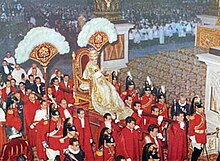

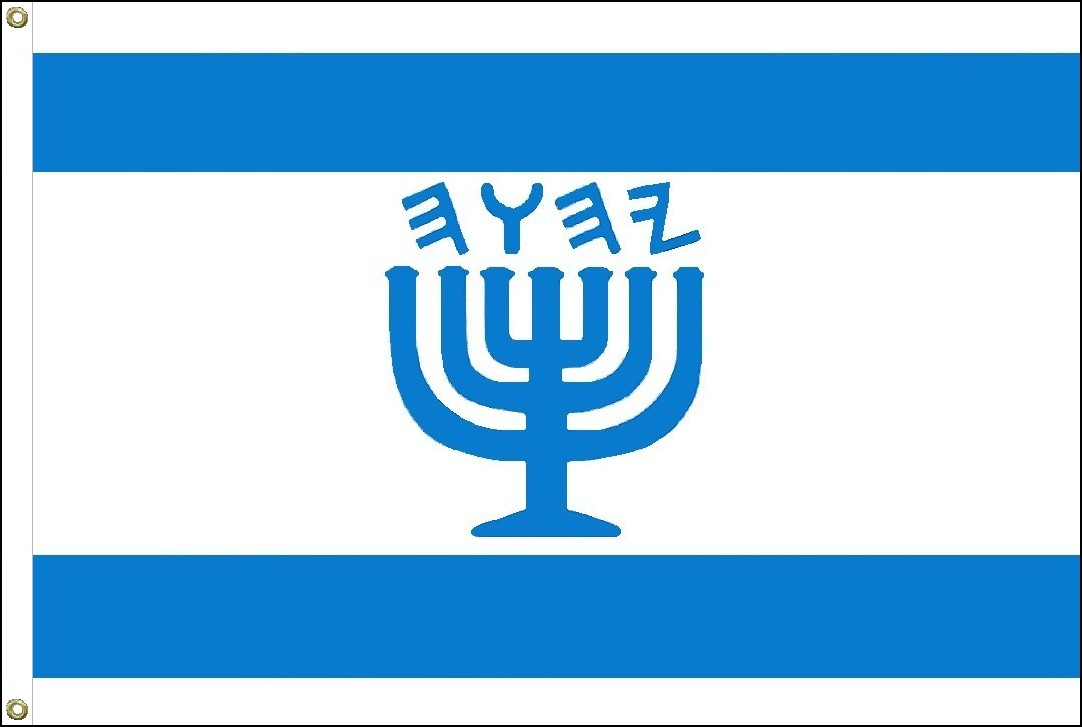

-1-.jpg)












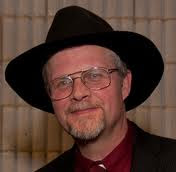


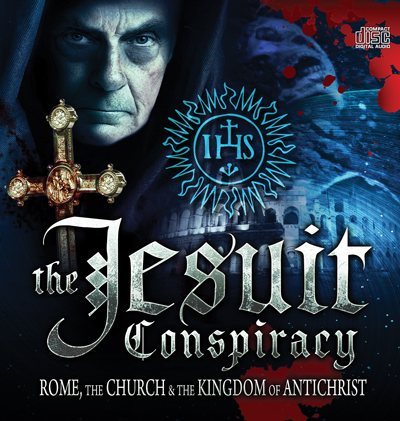









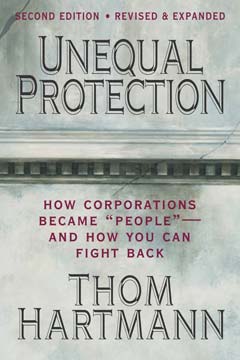
Back in my van Tillian days I thought I knew everything about apologetics. I read everything by Bahnsen and Frame and van til, yet I had no clue about the issues on univocity/analogy.